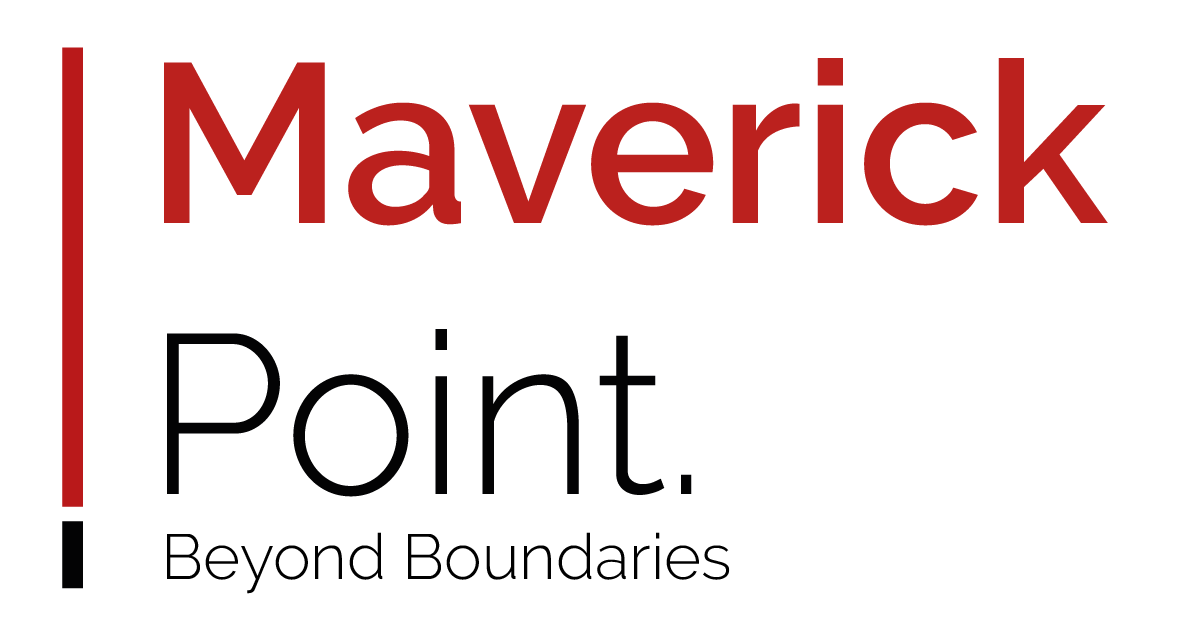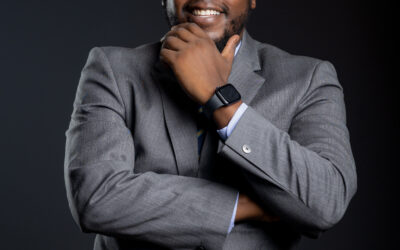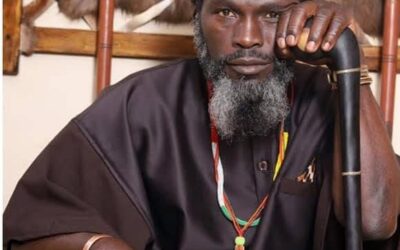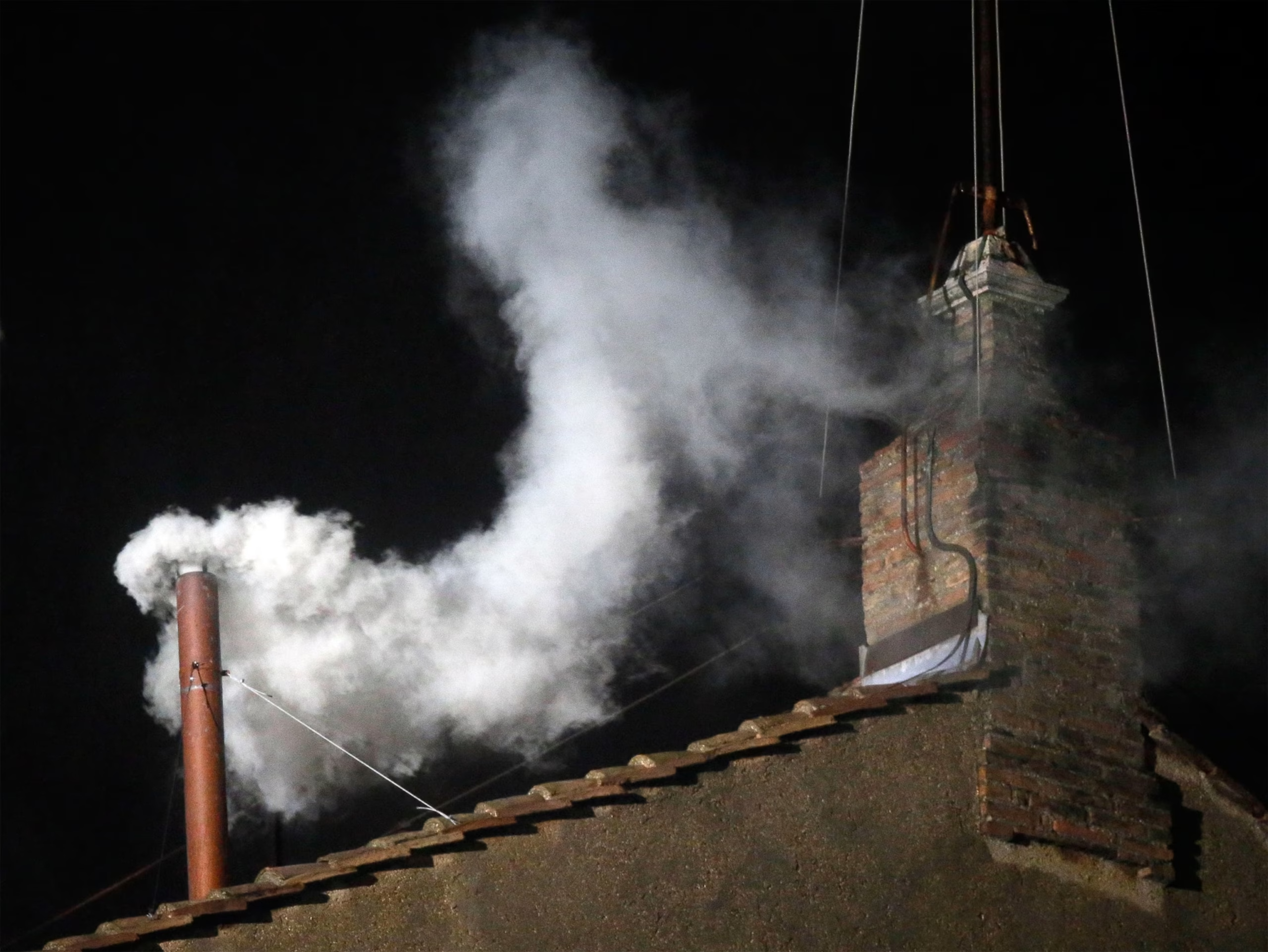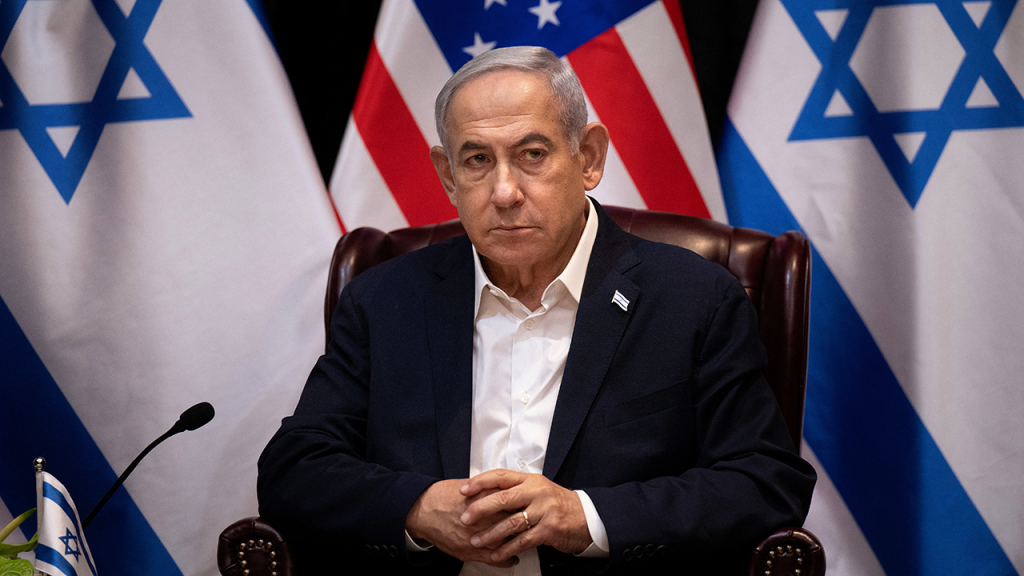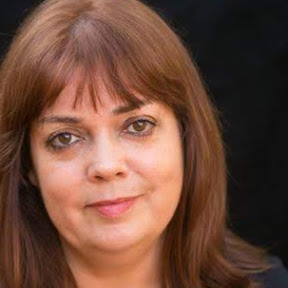By Bafana Phalane
The world awoke today to a historic and emotionally charged announcement from the Vatican: Habemus Papam “We have a pope.” For many, the grief of losing Pope Francis, one of the most beloved and bold pontiffs of modern times, still lingers. A pope who stood as a moral compass in a fractured world, Pope Francis was not just the spiritual leader of over 1.3 billion Catholics but a global symbol of compassion, humility, and justice. His passing left a deep void, both within the Church and across the broader society that found hope in his fearless voice.
But from the sorrow emerged a new chapter marked by both history and hope. The College of Cardinals, after days of solemn deliberation, elected Cardinal Robert Francis Prevost, a 69-year-old Chicago-born cleric, as the 267th pope of the Roman Catholic Church. Taking the name Pope Leo XIV, he becomes the first American ever to ascend to the papacy, a moment that is as monumental as it is complex.
The elevation of an American pope in the 21st century is a unique shift in the geopolitics of religion. For centuries, the Vatican has been a spiritual realm shaped by European traditions and Italian power structures. Now, with a pope hailing from the United States, a nation increasingly scrutinized for its role on the global stage, new questions arise. What does it mean to have an American shepherding the Catholic Church in an age where trust in U.S. global leadership is diminishing? How will this papacy walk the tightrope between moral independence and perceived national alignment?
Cardinal Prevost, now Pope Leo XIV, has long been known for his moral courage and commitment to justice. Though born in Chicago, he is no stranger to the global church. A member of the Order of St. Augustine, he has spent much of his life in Latin America, particularly in Peru, advocating for indigenous rights and battling systemic corruption. Fluent in Spanish and deeply engaged with the Global South, he represents an American identity shaped by multiculturalism and social activism, rather than nationalism.
Pope Francis set a transformative example. He confronted the global crises of our time, climate change, economic inequality, war, and systemic abuse without flinching. He was one of the few global leaders who publicly condemned Russia’s brutal invasion of Ukraine and Israel’s disproportionate use of force in Gaza. At a time when world leaders often hide behind diplomatic neutrality, Francis chose moral clarity.
Leo XIV inherits not only the papal throne but also the expectations that come with following such a courageous predecessor. The Catholic world and indeed, the world at large will be watching closely to see whether the new pope can uphold that legacy of moral fortitude. Given Prevost’s history of speaking truth to power, there is reason to believe he will not shy away from confronting even his country of birth on issues of justice and human dignity.
The Catholic Church today faces internal and external challenges of unprecedented magnitude. From the sexual abuse crisis that continues to erode trust in the clergy, to the widening chasm between progressive and conservative factions within the Church, unity is fragile. Externally, the rise of secularism, political polarization, and digital disinformation campaigns have left many feeling spiritually adrift.
Pope Leo XIV begins his papacy in a time of extraordinary global upheaval. Wars rage on multiple continents. Democracy is in retreat in various corners of the world. Even within the Church, debates over LGBTQ+ inclusion, clerical celibacy, and women’s roles continue to sow division. How Leo XIV will navigate these turbulent waters will define the success of his papacy.
Yet, his election sends a powerful signal: the Church is willing to break with tradition to meet the demands of the moment. The choice of an American pope may be controversial, but it is also bold, a recognition that the future of Catholicism may lie not in old Europe but in a more global, interconnected world.
There is a profound irony in an American becoming the head of the Roman Catholic Church at a time when global sentiment is increasingly skeptical of U.S. influence. From military interventions to economic policies that deepen inequality, the United States has drawn criticism across the globe. Under presidents like Donald Trump, “America First” rhetoric has alienated traditional allies and undermined multilateralism.
Pope Leo XIV will now have to strike a delicate balance. He must be seen as a global moral leader, not as a Vatican extension of Washington’s will. If he begins to critique American foreign policy with the same vigor Pope Francis applied to Russia and Israel, it could reshape global perceptions of the papacy and of American moral capacity.
Interestingly, Prevost has a record of standing up to power. As bishop in Peru, he condemned corruption, environmental degradation, and political violence. He is unlikely to be a quiet pope. The question is not whether he will speak out, but when, how, and to whom.
By choosing the name Leo XIV, the new pope may be invoking the legacy of Pope Leo XIII, one of the most intellectually formidable popes of the 19th century, known for his encyclicals (‘a papal letter sent to all bishops of the Roman Catholic Church’) on social justice and the rights of workers. Leo XIII championed the idea that the Church must engage with the modern world rather than retreat from it. If this symbolic lineage holds true, Leo XIV may likewise position himself as a reformer, one rooted in tradition but responsive to modern challenges.
His first words as pope “May peace be with all of you” offered a hint of his priorities. In a world wracked by division, conflict, and despair, the promise of peace is both profound and ambitious.
Some are already speculating whether Leo XIV’s election marks the beginning of an “American Renaissance” a resurgence of U.S. cultural, spiritual, and political influence. With Donald Trump pushing a vision of renewed American supremacy and Leo XIV representing American leadership within the Church, one could imagine a narrative forming around global American restoration.
But such a framing is fraught with danger. The Church must remain above nationalist projects. Its authority comes from spiritual integrity, not geopolitical advantage. Leo XIV will need to make it clear that his loyalty is to the Gospel, not to the flag. He must show that an American pope can stand against American injustices, just as Pope Francis did with other global powers.
The death of Pope Francis has left the world with a deep sense of loss. Yet, in Cardinal Robert Francis Prevost now Pope Leo XIV the Church may have found a leader capable of continuing, even expanding, the prophetic legacy left behind. His American roots, far from being a limitation, might serve as a bridge between worlds, a way to challenge power from within, while championing the voiceless across the globe.
As the bells of St. Peter’s Basilica ring and the white smoke fades into the Roman sky, the world turns its eyes to a new papacy. A pope from Chicago now wears the fisherman’s ring. And with that simple yet powerful phrase “Habemus Papam” we are reminded that history is still being written.
May Pope Leo XIV write it well.
Bafana Phalane: Editor and Founder @ Maverick Point.
